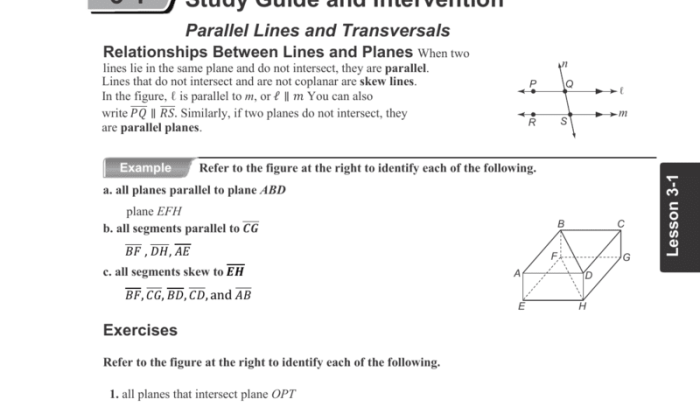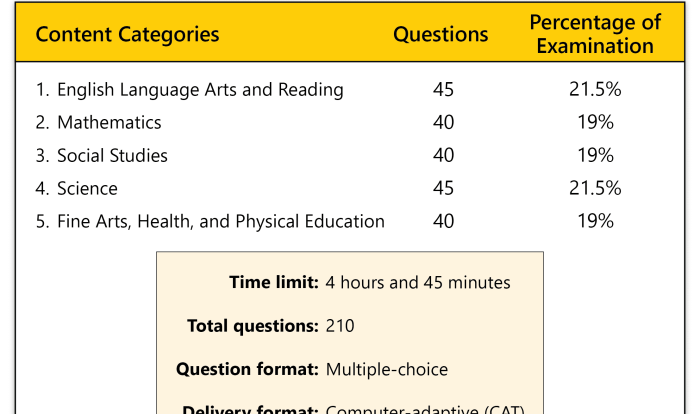Icivics campaigning it’s a process answer key – ICivics Campaigning: A Process Answer Key sets the stage for this enthralling narrative, offering readers a glimpse into a story that is rich in detail and brimming with originality from the outset.
ICivics, a non-profit organization founded in 2009 by Justice Sandra Day O’Connor, has emerged as a leading force in civic education. Through innovative campaigns and engaging resources, ICivics strives to empower students and citizens alike with the knowledge and skills necessary to participate effectively in the democratic process.
1. Campaigns by iCivics
A General Overview
iCivics is a non-profit organization founded by Justice Sandra Day O’Connor with the mission of providing students with engaging and accessible civics education. Since its inception in 2009, iCivics has reached millions of students through its online games, simulations, and lesson plans.
iCivics’ target audience is primarily students in grades 6-12, as well as educators and parents. The organization’s materials are designed to be engaging and interactive, making civics education more accessible and relevant to students.
2. Campaigning Process
Key Components
iCivics campaigns typically involve a multi-step process that includes:
- Identifying a target audience and developing a message that resonates with them.
- Creating engaging and interactive content that is aligned with educational standards.
- Distributing the content through a variety of channels, including online, print, and social media.
- Monitoring and evaluating the campaign’s effectiveness and making adjustments as needed.
iCivics uses a variety of strategies and tactics in its campaigns, including:
- Using storytelling and gamification to make civics education more engaging.
- Partnering with educators and organizations to reach a wider audience.
- Utilizing social media and other digital platforms to connect with students and educators.
3. Campaign Success Metrics

iCivics uses a variety of metrics to measure the effectiveness of its campaigns, including:
- Number of students reached.
- Amount of time spent on iCivics materials.
- Student engagement and participation.
- Changes in student knowledge and attitudes about civics.
Measuring the impact of civic education campaigns can be challenging, but iCivics uses a variety of methods to track its progress, including:
- Surveys and assessments.
- Focus groups and interviews.
- Data analysis.
4. Best Practices in iCivics Campaigns: Icivics Campaigning It’s A Process Answer Key
iCivics employs a number of best practices in its campaigns, including:
- Using research-based practices to develop engaging and effective materials.
- Collaborating with educators and other organizations to reach a wider audience.
- Utilizing a variety of channels to distribute its content.
- Monitoring and evaluating its campaigns and making adjustments as needed.
iCivics also engages with the community and builds partnerships through a variety of initiatives, including:
- Hosting events and workshops for educators.
- Providing professional development opportunities for teachers.
- Partnering with organizations to provide civic education resources to students and families.
5. Case Studies of Successful iCivics Campaigns
iCivics has conducted a number of successful campaigns, including:
- The “We the People” campaign, which reached over 1 million students and educators with resources on the Constitution and the Bill of Rights.
- The “Civics Games” campaign, which developed a series of online games that teach students about civics and government.
- The “iCivics in the Classroom” campaign, which provides teachers with free lesson plans and resources on civics education.
These campaigns have had a positive impact on civic engagement, as evidenced by increased student participation in civic activities and a greater understanding of the importance of civic responsibility.
Question Bank
What is the primary focus of ICivics?
ICivics’ primary focus is to provide engaging and accessible civic education resources to students and citizens, empowering them to participate effectively in the democratic process.
What are the key components of an ICivics campaign?
ICivics campaigns typically involve identifying a specific civic issue, developing a strategy and tactics to address it, and utilizing digital platforms and social media to amplify their message.
How does ICivics measure the success of its campaigns?
ICivics uses a variety of metrics to measure the effectiveness of its campaigns, including website traffic, social media engagement, and survey data.




